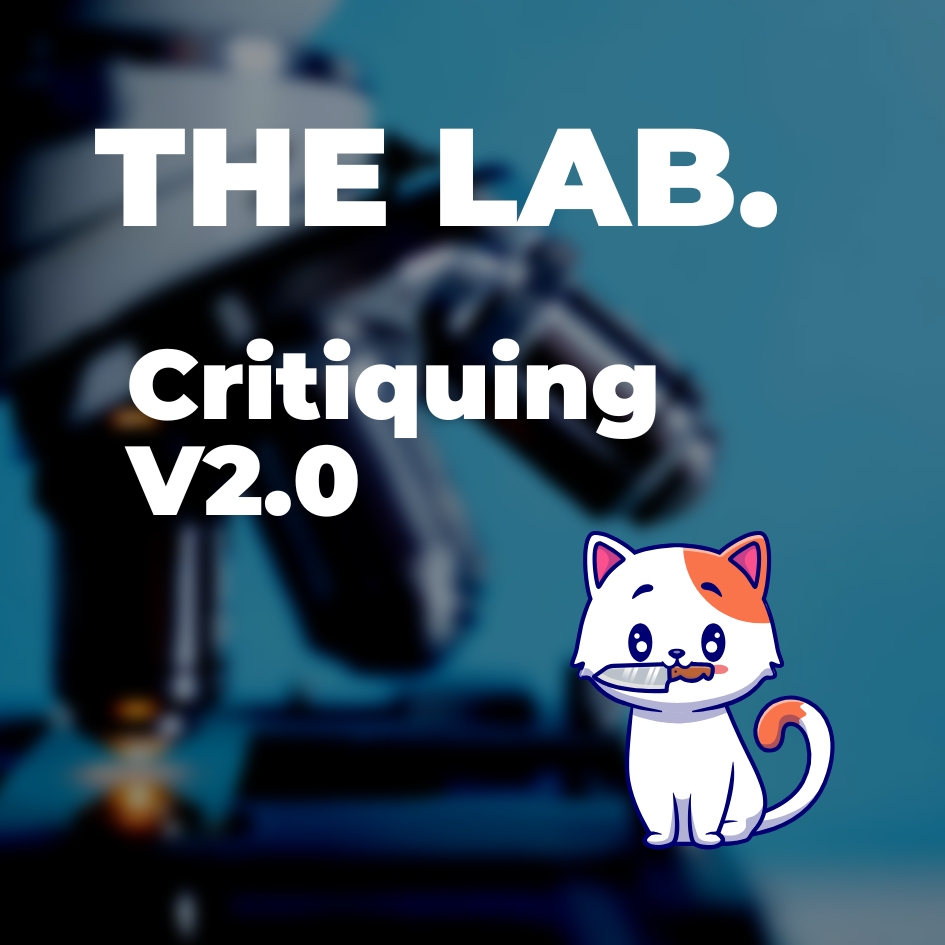Paul Whybrow
Full Member
We all have our favourite authors and we devour their books as loyal fans. If reading a series, it can be frustrating if your local library doesn’t have Book 2, as happened to me last year working my way through James Oswald’s Inspector McLean spooky crime novels.
I read Book 3 aware that something catastrophic had happened in the previous story, a house fire and a major personal loss for the detective. I bought a copy of The Book of Souls for £2 on eBay and all was explained.
I’m halfway through writing the sixth book in my Cornish Detective series, struggling with ways to integrate my protagonist’s new love life into his investigations. Maintaining the quality of writing throughout a series is a worry: is the characterisation stronger than the plotting in that story; does the next book have a brilliant plot, but the villain is unbelievably evil?
Some authors have followed their main character through many tales. Arthur Conan Doyle penned more than sixty novels and short stories featuring Sherlock Holmes. James Lee Burke has written 23 Dave Robicheaux novels. Jo Nesbø is a dozen stories into his Harry Hole series. I read his last investigation The Knife in bewilderment, as the copy I’d borrowed from the library appeared to be close to a galley proof edition as it contained many spelling and punctuation and spacing errors. Such a thing is out of Jo Nesbø’s control, but one mistake looked to be more like his, which gave me some Schadenfreude.
Towards the end of The Knife Nesbø wrote a scene where Harry Hole is sitting by a river observing swans swimming past. He compares their necks and heads to question marks. Hmm, thinks I, that’s good enough to pinch for a future story. A few pages later, Harry is in bed making love (Nesbø’s creation does more shagging than any sleuth!) and his partner reaches down to grab his cock which “resembled a swan’s neck.”
I laughed out loud! What? Is his penis curved and covered in white feathers? Does it, perchance, have a yellow beak on the end?!
This mistake could be a translation error from the Norwegian original, though that’s difficult to believe.
We discussed writing and plotting errors in an old thread:
https://colony.litopia.com/threads/plot-holes-improbabilities-and-glaring-errors.3582/
It’s kind of encouraging when we find such blunders in published books, isn’t it?Even especially if they are made by our writing heroes
Have you found any?

I read Book 3 aware that something catastrophic had happened in the previous story, a house fire and a major personal loss for the detective. I bought a copy of The Book of Souls for £2 on eBay and all was explained.
I’m halfway through writing the sixth book in my Cornish Detective series, struggling with ways to integrate my protagonist’s new love life into his investigations. Maintaining the quality of writing throughout a series is a worry: is the characterisation stronger than the plotting in that story; does the next book have a brilliant plot, but the villain is unbelievably evil?
Some authors have followed their main character through many tales. Arthur Conan Doyle penned more than sixty novels and short stories featuring Sherlock Holmes. James Lee Burke has written 23 Dave Robicheaux novels. Jo Nesbø is a dozen stories into his Harry Hole series. I read his last investigation The Knife in bewilderment, as the copy I’d borrowed from the library appeared to be close to a galley proof edition as it contained many spelling and punctuation and spacing errors. Such a thing is out of Jo Nesbø’s control, but one mistake looked to be more like his, which gave me some Schadenfreude.
Towards the end of The Knife Nesbø wrote a scene where Harry Hole is sitting by a river observing swans swimming past. He compares their necks and heads to question marks. Hmm, thinks I, that’s good enough to pinch for a future story. A few pages later, Harry is in bed making love (Nesbø’s creation does more shagging than any sleuth!) and his partner reaches down to grab his cock which “resembled a swan’s neck.”
I laughed out loud! What? Is his penis curved and covered in white feathers? Does it, perchance, have a yellow beak on the end?!
This mistake could be a translation error from the Norwegian original, though that’s difficult to believe.
We discussed writing and plotting errors in an old thread:
https://colony.litopia.com/threads/plot-holes-improbabilities-and-glaring-errors.3582/
It’s kind of encouraging when we find such blunders in published books, isn’t it?
Have you found any?




